|
"Orphan," "The Landing," "The Food's Delicious, You're Not Welcome," "The Contrition Between US" excerpted from at the foot of the mountain by Tak Erzinger. Orphan When your mother decides to leave, do you tell the world? What if everyone thinks it’s your fault? You could pretend it didn’t happen, never talk about it and over-compensate with many things, become an awesome painter share your artwork full of hidden meaning. Maybe people will forget to ask. It will push you to develop in ways you never imagined, maybe ways she would’ve been proud of, if she’d been around. Like how you can really dance, the way she could always dance, the way you followed her steps to the beats of all the albums she bought you, holding hands, she’d swing you around and around, pulling you close and pushing you back, keeping you spinning, you’d hear, I’ll always be there for you. It’s not what she said though. She was only singing. The Landing When they tell you, you’ve had a nervous breakdown you become like an astronaut you find yourself drifting, pleading for someone to provide you with the right equipment. In the right space you can deploy like the Eagle confronting the “magnificent desolation” resolutely. To be able to sink your feet into the lunatic surface will be a revelation tip-toeing through craters formed long before you were born. If you run low on fuel at least you will have finally seen what those wounds look like up close and personal and like the dark side of the moon allow the parts unseen to be tucked back into the envelope of your universe. The discovery- every exploration takes time and patience. The Food’s Delicious, You’re Not Welcome Once adults become a certain age it’s a matter of time before they reminisce to talk of the past and say it was better Ethnic food piled high they’ll question Why, dear friend, aren’t you afraid? and lick their lips in satisfaction It requires a stranger, light-skinned without a funny surname to offer up dishes, exotic recipes on familiar ground This individual, welcomed like a pet loves the taste of cheeseburgers heats up the grill to fire up their lies The irony of being accepted the memory of a childhood chewing her up and spitting her out just a little taste garlic sautéed softens too much spice can ruin the meal adulting in measured cups does not guarantee the right flavour The common denominator loves the food but does that mean its balanced? I’ve learnt to share those dishes while I continue to get burned in places unseen and am left with scorched pans, unable to replace them. The Contrition Between Us We are like two cats circling, insecure, heated, fearful. Each one vying for his place, seeds that have scattered haphazardly breaking cracks in the cement, vulnerable and strong at the same time. It’s like we’ve forgotten what brought us to this place: the promises, like a wide and clear spring sky, its passing clouds, whispers tucked under our pillows. The scent of love lingers, over empty plates and glasses, still warm from the summer’s evening sun easing the tension, making us forget a moment about the family we will never have. 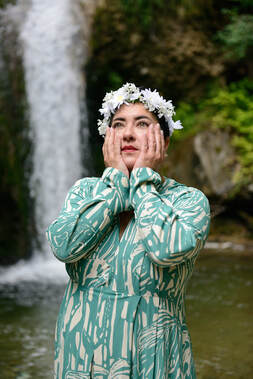 TAK Erzinger is an American/Swiss poet and artist with a Colombian background. Her poetry has been featured in Bien Acompañada from Cornell University, The Muse from McMaster University, River and South Review, Wilkes University and more. Her debut chapbook entitled, “Found: Between the Trees” was published by Grey Border Books, Canada 2019. Her then, unpublished poetry manuscript “At the Foot of the Mountain” was short-listed by the Eyelands Book Awards 2019 and Willow Run Book Awards 2020. It has now been published by Floricanto Press out of California, 2021. Her first audio drama Stella’s Constellation has been produced by Alt.Stories and Fake Realities Podcasts, out of the UK. She lives in a Swiss valley with her husband and cats.
1 Comment
Four poems of |
| Karen Valencia is a first generation Mexican American poet born and raised on Chicago’s Southwest side. A Northwestern graduate, Karen has appeared in Huizache, The Magazine for Latino Literature (2014) and most recently in the Literary Issue of Southside Weekly (2019). Karen is also a fashion stylist, model, DJ and co-creator of DESMADRE, a Latinx fashion styling collective. To see more of her work you can visit her website (karenvalencia.com) and to check out her other projects, follow her on Instagram (@karennoid). |
Poema/Poem
by/por Rafael Jesús González
Consejo para el Equinoccio Otoñal
pisar tan ligeramente
que la hierba no se doble,
pisar tan firmemente
que nuestra huella señale
el camino por la maleza.
En verdad nuestra naturaleza parece
ser sin balance,
un pie pisando tan ligeramente
el otro tan firme
que perdidos en el desierto
siempre caminamos en círculo.
Hay peores destinos; entonces
aprendamos a caminar el círculo en gozo.
Las estaciones voltean y vuelven
y no hay a donde ir;
la Tierra es hogar suficiente;
el camino, demasiado breve,
a nada nos lleva.
Para aprender a andar en balance
practica el baile.
Advice for the Fall Equinox
Walking in balance is not easy --
to step so lightly
the grasses are not bent,
to step so firmly
one’s track points
a way through the thicket.
Indeed it seems our nature to be
off balance,
one foot stepping so lightly
one so firmly
that lost in the desert
we always walk in a circle.
There are worse fates; let us then
learn to walk the circle in joy.
The seasons turn & return
one upon the other
& there is nowhere to go;
the Earth is Home enough;
the walk, all too brief,
leads Nowhere.
To learn to walk in balance
practice the dance.
Un extracto de Hudson / An extract from Hudson
Por / By Xánath Caraza
9.
Es el dolor de un pueblo
el que se desliza en
la sangre de la tierra.
Acantilados bermejos
contienen la angustia
y las rítmicas palpitaciones.
La gente murmura en las
doradas esquinas de la ciudad,
se desliza la esperanza
con sutileza acuática.
¿dónde están los héroes del agua?
¿dónde las mujeres pez que cantan en la aurora?
¿dónde las ilusiones del nuevo amanecer?
Todo se inunda.
Escurre la lluvia
en los cristales,
de los acantilados
brota el agua densa.
Canta, mujer pez, canta.
It is the people’s pain
sneaking into
the blood of the land.
Crimson cliffs
contain the anguish
and rhythmic palpitations.
People murmur in the
golden corners of the city,
hope slips away
with aquatic subtlety.
where are the heroes of the water?
where the fish women and their song of first light?
where the illusions of the new dawn?
Everything becomes flooded.
Rain drips
down window panes,
dense water sprouts
from cliffs.
Sing, fish woman, sing.
12.
Hay corrientes
que llevan el silencio
entre sus densas aguas.
Hudson de caudales de azogue.
Afuera el ruido que dejan
las aves transitorias.
La luz rompe las nubes,
relámpago que se entierra
en las frondas.
Trueno apasionado,
el agua y el viento
escarifican la piel de la tierra.
Sangra el silencio,
el agua corre y la tierra
pulsa contenidos deseos.
There are currents
that transport silence
amid their dense waters.
Hudson of quicksilver fluidity.
Outside the noise left by
transitory birds.
Light shatters the clouds,
lightning bolt buried
in the foliage.
Impassioned thunder,
water and wind
lacerate the flesh of the land.
Silence bleeds,
water flows and the land
pulsates restrained desires.
34.
Medita en este navegar mecánico.
No queda nada,
solo el angustiante ulular
del viento antes
de llegar al agua.
Tiemblan las suaves manos
al escribir, son las dueñas de
los pensamientos salvajes,
de la ira de los oprimidos.
Agua del Hudson:
despierta y desenraiza
el dolor: las pesadillas
de niñez que se hacen realidad.
34.
Meditate in this mechanical navigation.
Nothing remains,
only the agonized keening
of the wind before
it reaches the water.
Soft hands tremble
as they write, they possess
fierce thoughts,
the fury of the oppressed.
Water of the Hudson:
awake and uproot
the pain: the nightmares
of childhood that become reality.

Hudson (Editorial Nazarí, 2018) por/by Xánath Caraza, traducido por/translated by Sandra Kingery
Comentario/Commentary
por/by Lucha Corpi
Xánath Caraza es y continuará siendo, sin duda, una de las voces poéticas más innovadoras en el idioma español. Hudson, su nueva colección de poesía, es más que un viaje por un río que fluye e inevitablemente vierte sus aguas en el mar. El río Hudson no es un río ordinario ya que sigue un curso doble. Por lo tanto nuestro viaje comienza en el punto de su origen, un estuario—un habitante en flujo constante—donde nace y también se vacía en el mar, donde cohabitan las faunas de agua fresca y salada. También fluye tierra adentro, provee rutas y caminos para la gente en las ciudades a lo largo de su cauce para también hacerlas prosperar. Le da vida a otro río en el camino. En el lecho del río Caraza escribe su “texto”—la historia del río, que es también la historia de la poeta. Las tumultuosas corrientes-salinas-frescas de agua se convierten en el tempo de su torrente sanguíneo. Guiados por los versos en negritas, incrustados en el texto, la poeta nos reta a buscar el espíritu del río—la belleza lírica. Una tercera lectura de los versos en itálicas nos lleva a un nivel más profundo, a los cuestionamientos filosóficos y búsqueda de vida que Caraza se hace y que todos nosotros cuestionamos en algún momento. He encontrado mucha riqueza en Hudson. Todo accesible, para lectores angloparlantes, a través de la bella traducción hecha por Sandra Kingery. Hudson es un libro que debe ser leído por poetas y amantes de la poesía—¡definitivamente por amantes de los ríos también! Bravo.
Xánath Caraza is and will no doubt continue to be one of the most innovative poetic voices in the Spanish language. Hudson, her new poetry collection, is much more than a journey down any river that flows onward and inevitably empties its waters into a sea. TheHudson River is no ordinary river as it follows a dual course. So, our journey begins at the point of its origin, a tidal estuary—a habitat in constant flux—where the river begins and also empties into the sea, where salty and fresh water fauna cohabit. It also flows inland, providing routes and ways for people in cities along its course to prosper as well. It gives birth to another river along the way. On its riverbed, Caraza writes her “text”—the river’s story, which is also her story. The saline-fresh-water, restless currents become the tempo of her bloodstream. Guided by the verses in bold lettering embedded in the text, the poet challenges us to seek the spirit of the river—the lyrical beauty. A third reading of verses in italics takes us deeper into the poet’s mind, into Caraza’s lifelong quest for answers to philosophical questions all of us ponder from time to time. So much more richness I have found in Hudson. All made accessible to an English-speaking readership by the beautifully crafted translations of Sandra Kingery. Hudson is a must-read for poets and lovers of poetry—most definitely for lovers of rivers, too! Bravo.
Lucha Corpi, poeta y narradora/poet and writer
Oakland, CA, July/Julio de 2018
Two Poems/Dos Poemas
Inner chamber of the seashell (divine whisper)
a proof: a tongue sufficient
It would seem that I possess a religious bent;
to contain, direct, refined, and solid
has led me to the five points
of the universe: Quincunx.
Four rooms courtyard
that inclines its multiple forms
that resides in matter
that has vital layers
ceremonial passageways
of other architectures.
Just as the divine spark engenders in the earth Guillermo Marín, Mitla, City of the Dead
life in all its richness, thus the Quincunx, seed
of a revealed cosmology, flowers in a dazzling
system of images and architectural designs that,
by being part of the universe of forms, suffers
frequently from a deceptively elemental logic.
What completes this text
are monumental stones
there where a hand learned how
to move, sculpt and assemble.
Eduardo's voice traces a map of Mexico on the earth
while he tells of how “the colonial chroniclers never
referred to the architecture of Mitla without combined aversion
and admiration… Thus to speak of Mictlán (place of the dead)
we must detach ourselves from the Western concept of death…”
My absurd dizziness no longer rocks in the branches of the tule tree;
now, in the land of the spirits, it is content with a puff of wind
and a bold guffaw that perforates my eardrums. Yes, the church bells
have begun to set loose a timely splendor and murmurs:
Think of it this way, that amid the rubble of my energy suddenly looms
a presence, like that of a hallowed place, door of musical allusions.
I detach myself from the group.
I am content to see.
It matters. Several bolts of air
swerve around my
unfailing audacity
and city of voices
there where the wind
does not sound unfamiliar to the ear
nor is seeing spirits
an act of inner shadows.
What could be loved is erased
and eyes and lips, light and humidity
are stripped bare.
The enigma of flavors
is also resolved.
The night before kisses
Crossed two linguistic points.
Now there is no dialogue.
From the four cardinal points
will soon rise a cold and
ungenerous gust of wind. You will dissolve.
My death is associated with the earth,
but the other dead man in question
will have to cross a long and mighty river.
Techichi the little dog will guide him:
naked he will cross spiky peaks
and drink terrible storms.
The wind will slice his skin
like an orange.
More than any heartbreak, worse than death Albius Tibullus, Book I, Poem VIII
itself, “What hurts is touching the body,
long kisses, and pressing thigh to thigh.”
With transfigured vision,
Friar Bernardo of Alburquerque
ordered built between 1535 and 1580
the façade of the north side
of the Oaxaca cathedral in the image…
From the four room courtyard flow moving friezes of water.
I read: the gods' anger with those who are ungenerous in spirit
was not placated by sacrifices of armadillos, rabbits, birds
and deer. Misers were condemned
to a subterranean palace to hoist dark shadows.
Once again Eduardo's voice blends with my mental torrent
that encircles the marvelous mountains, copulates with the stone
And drinks milk droplets from the tree that used to nourish dead children.
Inhabitants of the clouds. Branches from which I hang.
Schumann lieder that fuse with my own visions.
Copious tongues of rock: to listen, to recognize,
to descend to the interior of a jacaranda:
to design the interior patio
“was to get back onto the trail of my poem Propertius, Book I, Poem IV
after biting my hands unreasonably
and stamping my feet in doubt and anger.”
Some elegiac distiches pound me with excessive skill.
What am I doing in the center of the city of the dead
humming a thousand popular tunes and with all those
poems breaking over me?
What is my skin doing turned into a spongy substance
enjoying each voicemark and stroke,
each perforation, each drop of blood that seeps from my pores?
Blessed recollection,
there where a scornful grimace
offers me landscapes.
Blessed misery of broken borders
that turns the heart into a semi prophet.
that “das harts iz a halber novi”
that is completed and heard
by a system of images:
it hits and turns with skill
for I was born in a city by the sea
with excessively white sands
and I never made a pact
with its hot winds
or its salts projected in my shadows.
If the sea breeze took my breath away,
I drowned and was resuscitated. And my mother
who couldn't hear the voices that filled
the whole house and went with me,
spoke alone with nanny Blasa.
Later they put an amulet on my chest,
There where no one could see presences or memories.
I think only of all the courage I've lacked
to go back to hearing the voices,
raised now, loud, without any semblance of
restraint, flowery battle of my own soul.
POEMA BILINGÜE/BILINGUAL POEM
Estudio cromático
Decir, no tengo más que esto, lo que abre la epidermis
y hace brotar sangre,
lo que queda cuando la muerte lo arrasa todo,
menos los sonidos del cuerpo.
Y así las uñas guardarán su color rosáceo,
los senos su firmeza,
el cuello su tersidad.
Reconocerás el privilegio enorme que se aloja
en las venas y podrás descender a un centro de quietud
sin aferrarte a nada.
Entonces la respiración empezará una vez más,
y con ella una salivación anfibia repugnante
hasta que tu mano se mueva con rapidez
y el sudor pierda su pestilencia.
Pero no sufrirás vértigo.
La avalancha caerá sobre ti como bendición.
Tu boca vibrará y escupirá hilos imperceptibles.
Después llegará el viento loco y comenzará el concierto.
Chromatic Study
You'd like to tattoo yourself slowly with the trombone's notes.
Saying: I only have this, this that rips my skin open
and makes blood gush out,
this that remains when death wipes out everything,
except the sounds of the body.
And thus fingernails will keep their rosy hue,
breasts stay firm,
neck smooth.
You will recognize the enormous privilege lodged
in your veins and be able to descend to a center of quietude,
breaking all ties.
Then breathing will begin yet again,
and with it, a repugnant amphibious salivation
until your hand moves rapidly
and sweat loses its pestilence.
But you will not suffer from vertigo.
The avalanche will sweep over you in benediction.
Your mouth will vibrate and spit out imperceptible threads.
Later the mad wind will blow and the concert will begin.
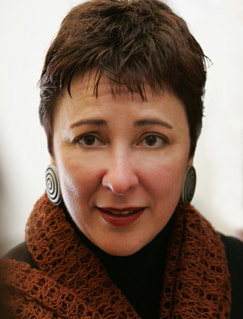
Archives
July 2024
April 2024
February 2024
July 2023
June 2023
May 2023
March 2023
February 2023
January 2023
November 2022
October 2022
September 2022
August 2022
May 2022
April 2022
March 2022
February 2022
January 2022
November 2021
October 2021
September 2021
August 2021
July 2021
June 2021
May 2021
March 2021
January 2021
December 2020
November 2020
October 2020
September 2020
August 2020
July 2020
June 2020
May 2020
April 2020
March 2020
February 2020
January 2020
November 2019
October 2019
September 2019
August 2019
July 2019
June 2019
May 2019
April 2019
March 2019
February 2019
January 2019
November 2018
September 2018
August 2018
July 2018
May 2018
April 2018
March 2018
February 2018
March 2017
January 2017
May 2016
February 2010
Categories
All
Archive
Argentina
Bilingüe
Book
Book Excerpt
Book Review
Boricua
California
Caribbean
Central American
Cesar Chavez
Chicano
Chicano/a/x
Chumash
Chupacabra
Círculo
Colombiana
Colombian American
Colonialism
Cuban American
Culture
Current Events
Death
Debut
Dia De Los Muertos
Diaspora
Dominican American
Dreams
East Harlem
Ecology / Environment
El Salvador
Emerging Writer
English
Excerpt
Family
Farmworker Rights / Agricultural Work / Labor Rights Issues
Flashback
Floricanto
Food
History
Identity
Immigration
Imperialism
Indigenous
Indigenous / American Indian / Native American / First Nations / First People
Interview
Language
Latin America
Love
Mature
Memoir
Memory
Mestizaje
Mexican American
Mexico
Nahuatl
Nicaraguan-diaspora
Nicaraguan-diaspora
Ofrenda
Patriarchy
Performance
Peruvian American
Poesia
Poesía
Poesía
Poet Laureate
Poetry
Prose Poetry
Puerto Rican Disapora
Puerto Rico
Racism
Review
Salvadoran
Social Justice
Southwest
Spanish
Spanish And English
Surrealism
Texas
Translation
Travel
Ulvalde
Visual Poetry
War
Women
Young-writers
Donate and Make Literature Happen
is published by the Somos En Escrito Literary Foundation,
a 501 (c) (3) non-profit, tax-exempt corporation. EIN 81-3162209


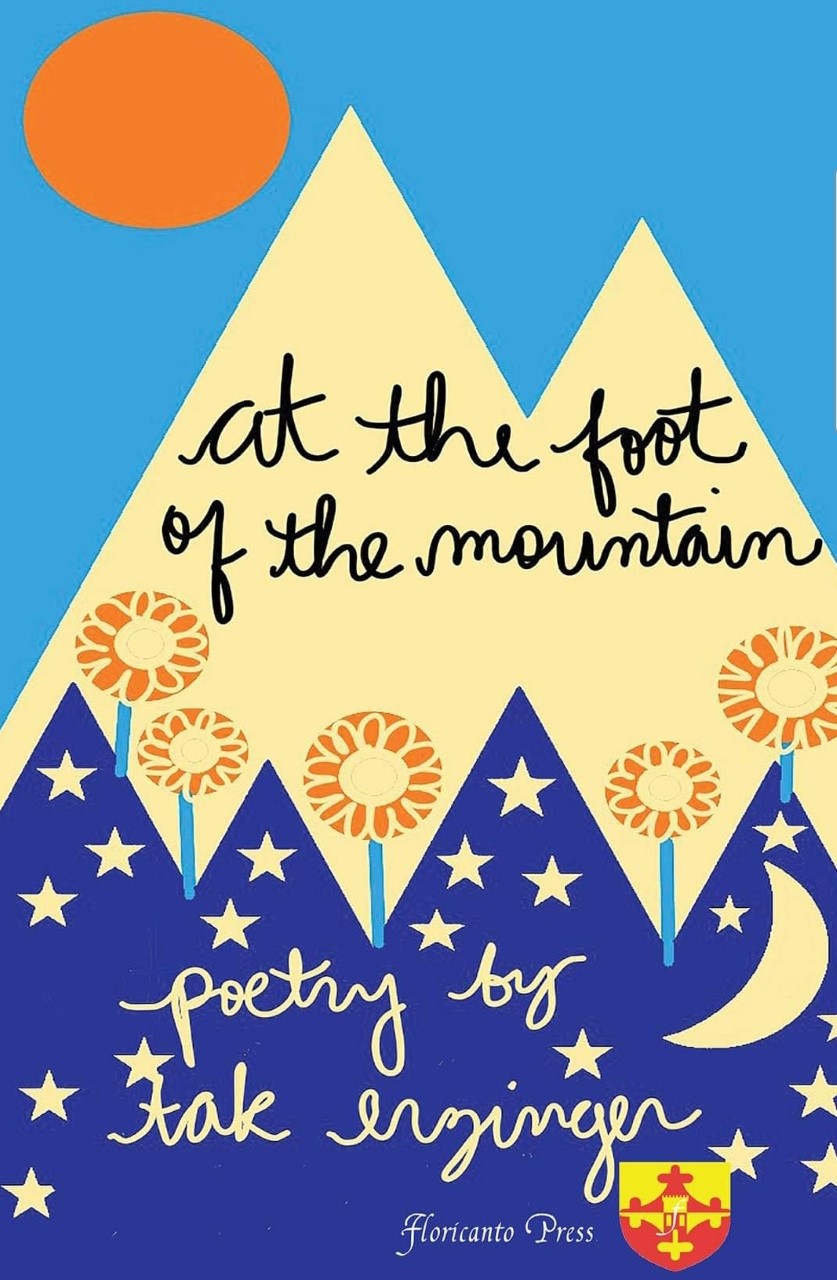
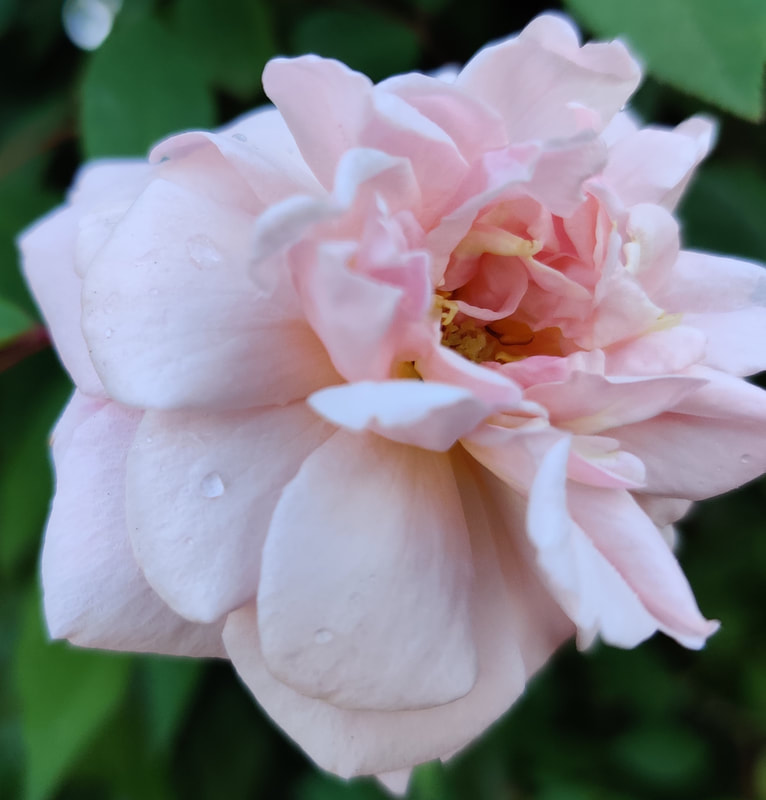


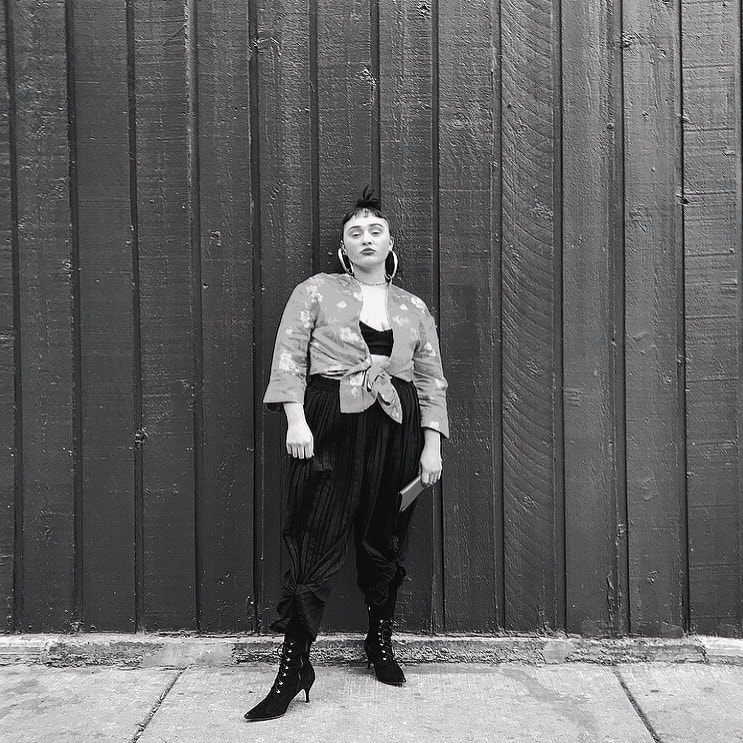


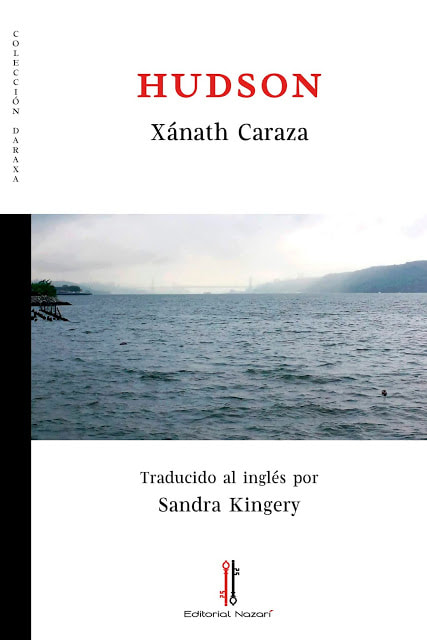

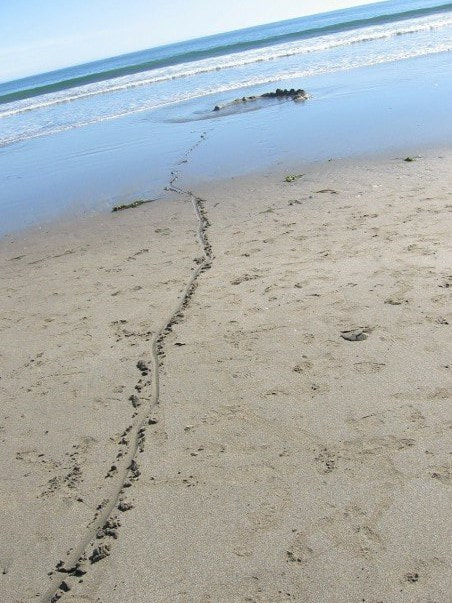
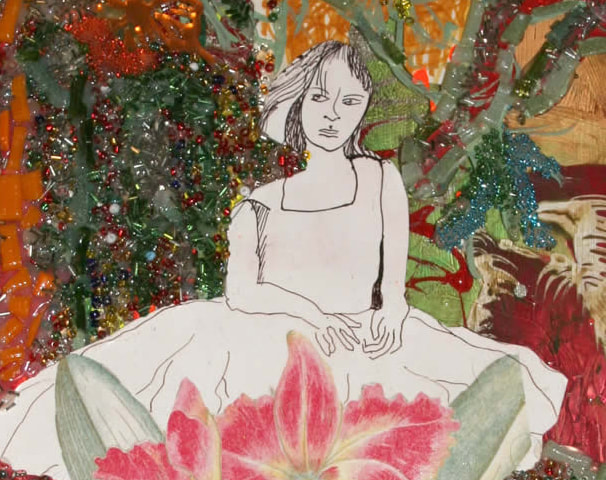
 RSS Feed
RSS Feed